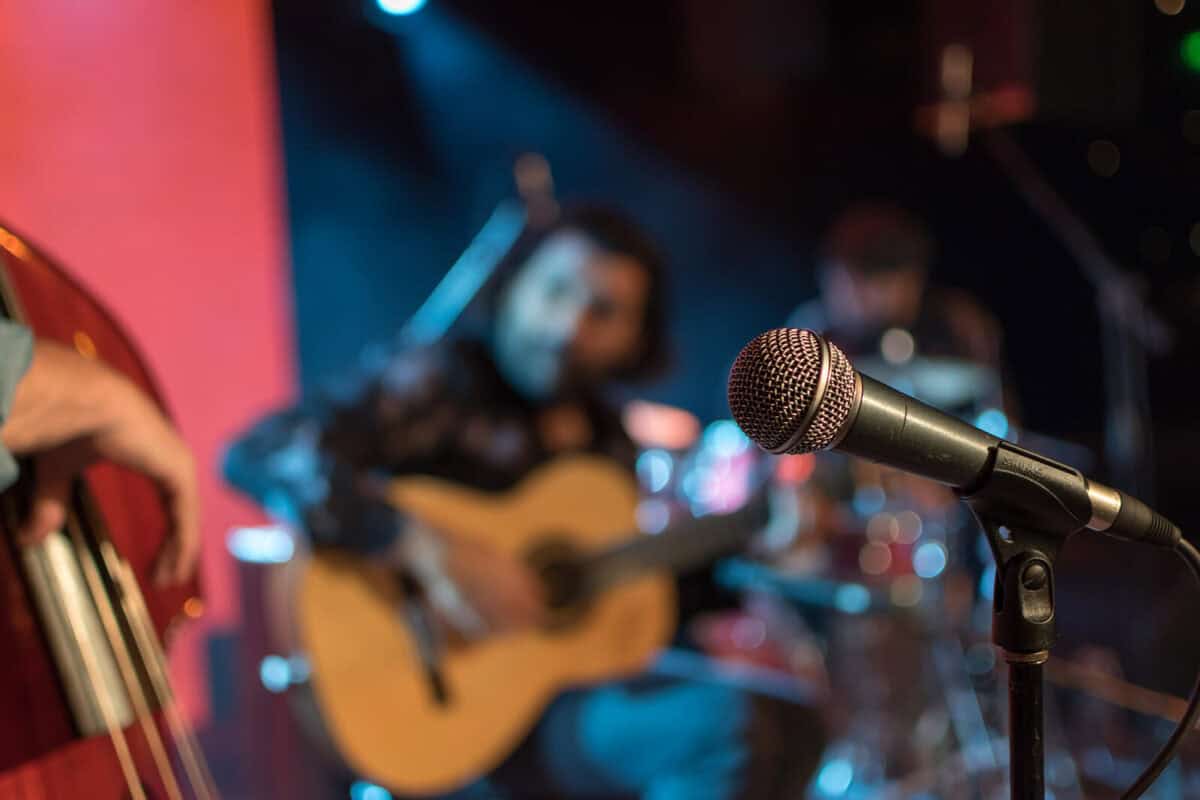- Supporting Loved Ones with Hearing Issues: Caregiver Tips - November 27, 2025
- The Relationship Between Hearing Loss and Mental Health - November 15, 2025
- Rechargeable and Self-Adjusting Hearing Aids: Newest Innovations - November 5, 2025
Concerts often feature music played at volumes that can exceed safe listening limits. Prolonged exposure to loud sounds can lead to hearing loss, tinnitus, and other auditory issues. When the ears are subjected to extreme noise levels, their delicate structures can be damaged. Once hearing is lost, it is usually impossible to restore it completely.
Benefits of Wearing Earplugs
One of the easiest and most effective ways to protect one’s hearing at a concert is by wearing earplugs. Earplugs are designed to reduce the decibel levels that reach the ears, lowering the risk of damage and allowing listeners to enjoy the music. Many high-quality earplugs are available that maintain sound clarity, so the musical experience remains enjoyable.
Choosing the Right Ear Protection
Several types of ear protection are available, and selecting the right kind can help enhance the concert experience while safeguarding one’s hearing. Here are some options:
Foam earplugs are a popular choice because they are inexpensive and widely available. These earplugs expand to fit the ear canal, creating a snug fit that blocks out harmful noise.
Musician’s earplugs are tailored for concert-goers. They use special filters to lower volumes evenly across frequencies, maintaining their sound quality. These are ideal for those who want to hear every detail of the music.
Custom-fitted earplugs provide the best protection and comfort. They are made from molds of the ears, ensuring a perfect fit. These earplugs are more expensive but offer superior protection and sound quality.
Positioning at the Venue
Where a person stands or sits at a concert can impact their hearing. Standing too close to speakers significantly increases the risk of hearing damage. The best option is to find a spot where the volume is loud enough to enjoy but not overwhelming.
Standing near the center or back of the venue, away from the speakers, reduces exposure to the loudest sounds. The sound might be less intense in these areas, which helps in protecting one’s hearing.
Taking Breaks
Taking breaks from the noise is another effective way to protect one’s hearing. Ears need time to recover from loud sounds. Stepping outside or moving to a quieter area periodically gives the ears the rest they need, reducing the cumulative exposure to loud noise.
After a concert, it’s essential to check for tinnitus or hearing discomfort. If ringing or pain persists, consult a hearing health professional. Keeping one’s ears in good condition helps make concerts enjoyable without permanent damage.

